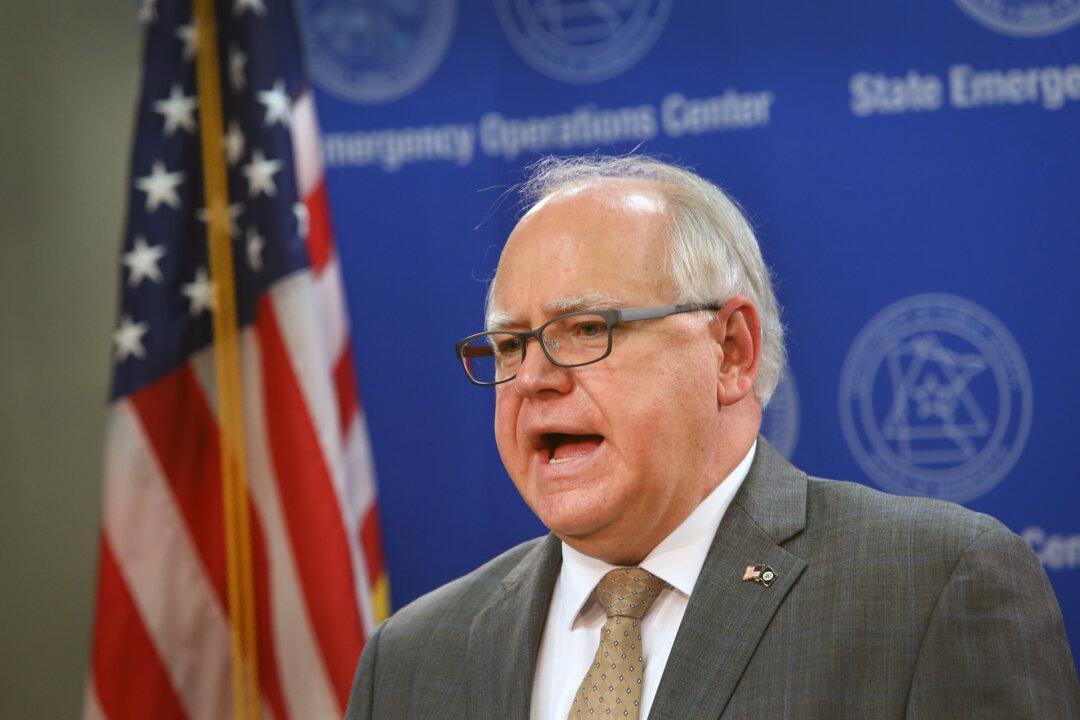Among the changes found in Minnesota’s new election legislation package signed into law on Friday by Democrat Gov. Tim Walz is a gross misdemeanor penalty for those who spread what officials can deem misinformation about elections.
Gross misdemeanors are considered harsher than regular misdemeanors and carry jail time of up to one year and fines.





